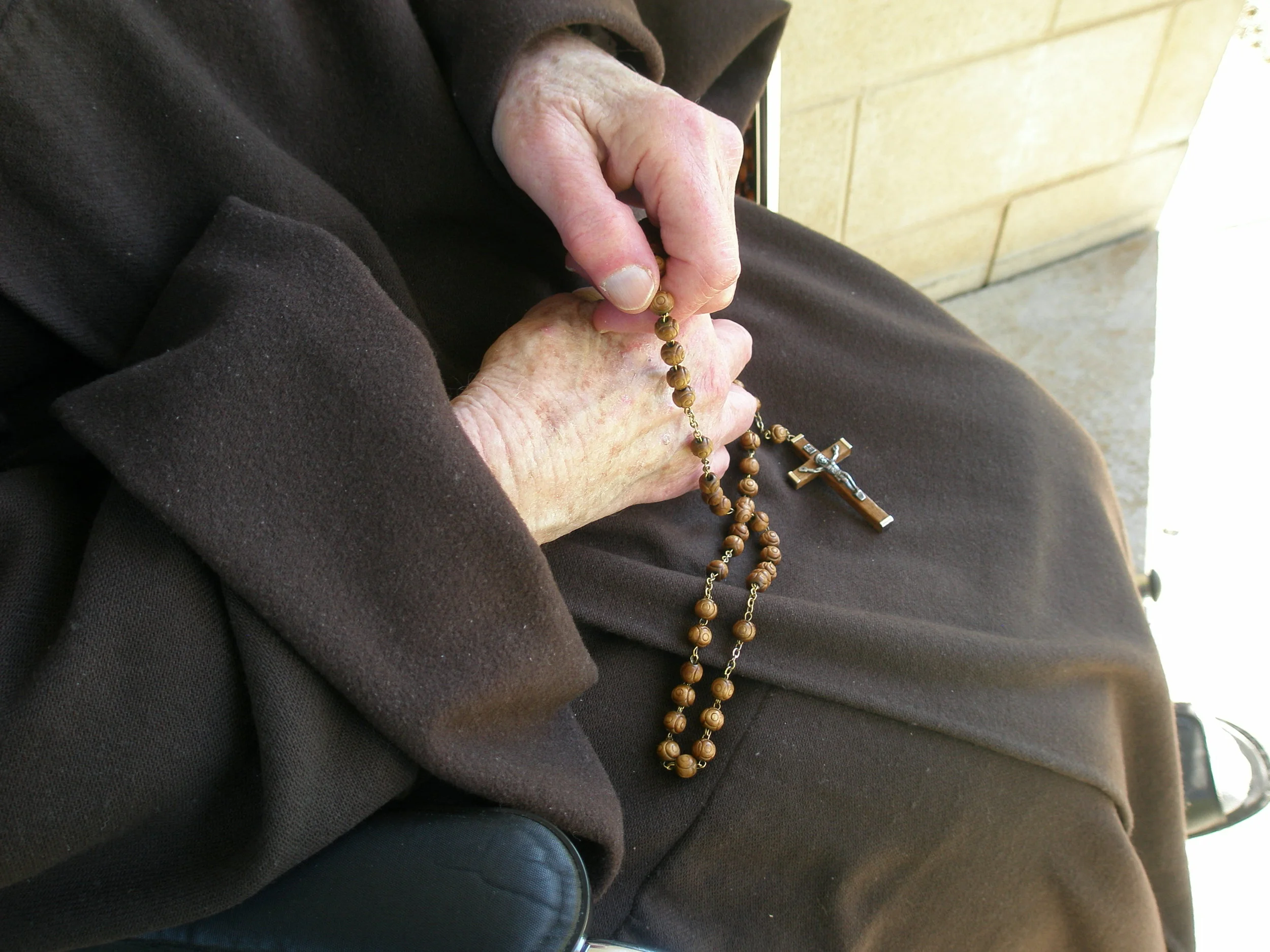Liturgy
“I want to be a Eucharistic offering for priests and sinners.”
— St Teresa of the Andes
“Liturgical and personal prayer are fundamental to, and necessary for, nourishing your contemplation. If “prayer is the ‘core’ of consecrated life”, it is even more so for the contemplative life. Today many persons do not know how to pray. Many simply feel no need to pray, or limit their relationship with God to a plea for help at times of difficulty when there is no one else to turn to. For others, prayer is merely praise in moments of happiness. In reciting and singing the praises of the Lord with the Liturgy of the Hours, you also pray for these persons and, like the prophets, you intercede for the salvation of all. Personal prayer will help keep you united to the Lord like branches on the vine, and thus your life will bear abundant fruit.”
—Pope Francis
The daily celebration of Holy Mass, the incomparable gift of the Eucharist, is both the ’source and summit of the Church’s life’ and also the centre of Carmelite life. Here at the altar each nun daily renews the total offering of herself to the Father in response to His love for her and she unites herself to Christ’s perfect sacrifice for the salvation of the world; for this reason also the religious profession of vows by a Carmelite nun takes place during the Eucharistic sacrifice. This offering of prayer, thanksgiving and praise, the daily memorial of the mysteries of salvation, and the foretaste of heavenly glory that are celebrated in the Mass, are continued and renewed throughout the day with the recitation in Choir of the Divine Office, or Liturgy of the Hours. Carmelite liturgy is traditionally characterised by an atmosphere of prayerful simplicity and recollection.
Through the rhythm of the liturgical year, the Carmelite enters ever more deeply into the mysteries of the life of Christ, making them her own, allowing Him to draw her into each mystery as He offers her to His Father in union with Himself:
“Yes, a Carmelite is a host who carries Jesus within herself. She is not the one acting. It is He. He sacrifices her, offers her up in silence, just as He sacrifices and immolates Himself silently on the altar. She prays always with Jesus at the altar; she saves souls but by looking to Jesus. She sheds her heart’s blood by denying herself in all things. She has sacrificed everything for Jesus.”
— St Teresa of the Andes
The Eucharist is celebrated at 7:30am Sunday – Friday and 9am on Saturdays, except for major feast days when Mass is at a later time. Mass is celebrated in English with the Gloria, Sanctus and Agnus Dei being sung in Latin on Sundays and feast days. The rest of the day combines work and prayer in accordance with monastic custom and according to the mind of St Teresa, who wanted her daughters to return constantly to the Choir throughout the day so that praise, adoration and petition would go up constantly to the Blessed Trinity from each little Carmel, for the diocese, for the Church, for the world.
On the first Friday and first Sunday of each month, as well as on some major feast days there is Exposition of the Blessed Sacrament from after Mass until 3pm, usually concluding with Benediction. On the first Sunday of each month all are welcome to join us for “One Hour with Jesus” which begins with the Office of None at 2pm, followed by silent prayer and Benediction at 3pm.
“Through this liturgical prayer, each community, in union with the Church in heaven and on earth, joins itself to the unceasing praise and supplications which Christ offers to the Father for the salvation of the whole world…Each community represents, in a special way, the Church at prayer and exercises its ministry of prayer on behalf of both the entire Mystical Body of Christ and the local Churches.”
—OCD Nuns’ Constitutions #68, 69






Our cloistered vocation as St Teresa understood it.